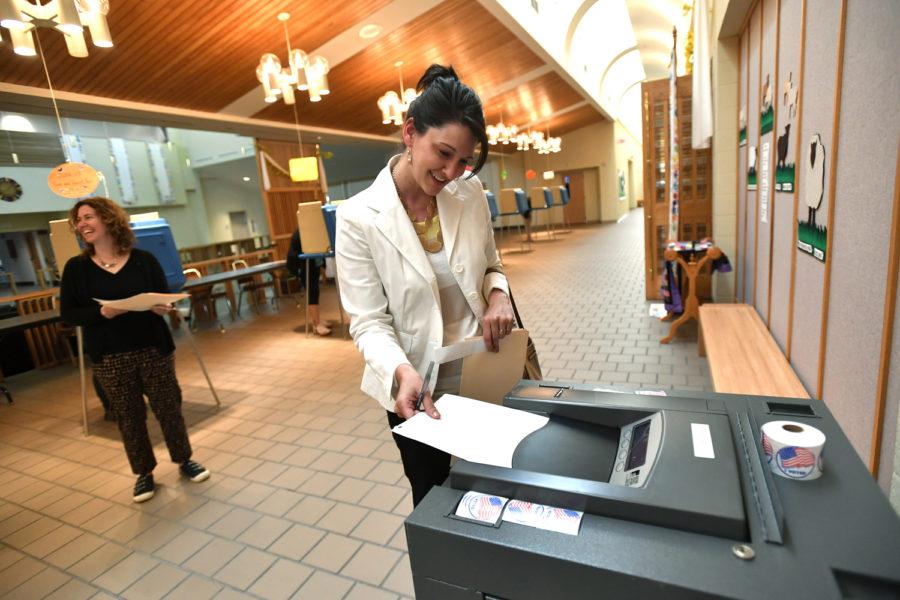If you voted Tuesday in Pennsylvania’s election, you were presented with an interesting ballot question — should the state legislature allow local taxing authorities to exempt 100 percent of any family’s primary residence value when collecting taxes?
Pennsylvania voted yes by a margin of 54 to 46 percent, effectively taking the first step toward significant property tax reform. This would allow the legislature to write a law eliminating property taxes. But while eliminating the property tax could aid individual families in the short-term, the ballot question has the potential to seriously harm the long-term stability of the Commonwealth.
Public schools in Pennsylvania — a state known as the “Wild West” of property tax laws — are among the most contentiously funded in the nation, which creates real problems. In fact, the Pennsylvania Supreme Court recently reinstated a controversial case that claims Pennsylvania’s system for funding public schools violates both the state constitution’s equal protection provision and its guarantee of a “thorough and efficient system” of education.
At the root of the public school funding issue in Pennsylvania is the property tax. According to The Notebook, a Philadelphia-based independent news source, the effective tax rate across Pennsylvania varies greatly by county with no discernible pattern and results in massive school funding disparities. To make matters worse, the average effective tax rate in Pennsylvania is one of the highest in the nation.
This means some counties have superb schools, while others have seriously underfunded ones — and in Pennsylvania this has little correlation to the type of neighborhood the school is in. Schools in socio-economically similar counties are vastly different — the Inquirer reported the city of Reading spent roughly $6,500 per pupil during the 2015-16 school year, compared to Lower Merion Township’s $17,000 per pupil. Reading and Lower Merion both have property tax rates in the top 20 percent across the state.
It’s clear Pennsylvania should be reforming its property tax laws — but the confusingly worded question on Tuesday’s ballot does not reform anything. All it does is give the Pennsylvania legislature incredible power to remove the single greatest source of education funding in the state.
And in light of the recently reinstated Supreme Court of Pennsylvania lawsuit, it’s clear we cannot trust the legislature to provide a fair and equal education funding system — even if property taxes are available to be spent.
Instead of granting broad power to the state legislature like we did Tuesday, we should be demanding detailed tax reform from the bottom up that ensures all Pennsylvania children receive equal education, regardless of the county their parents own property in.



